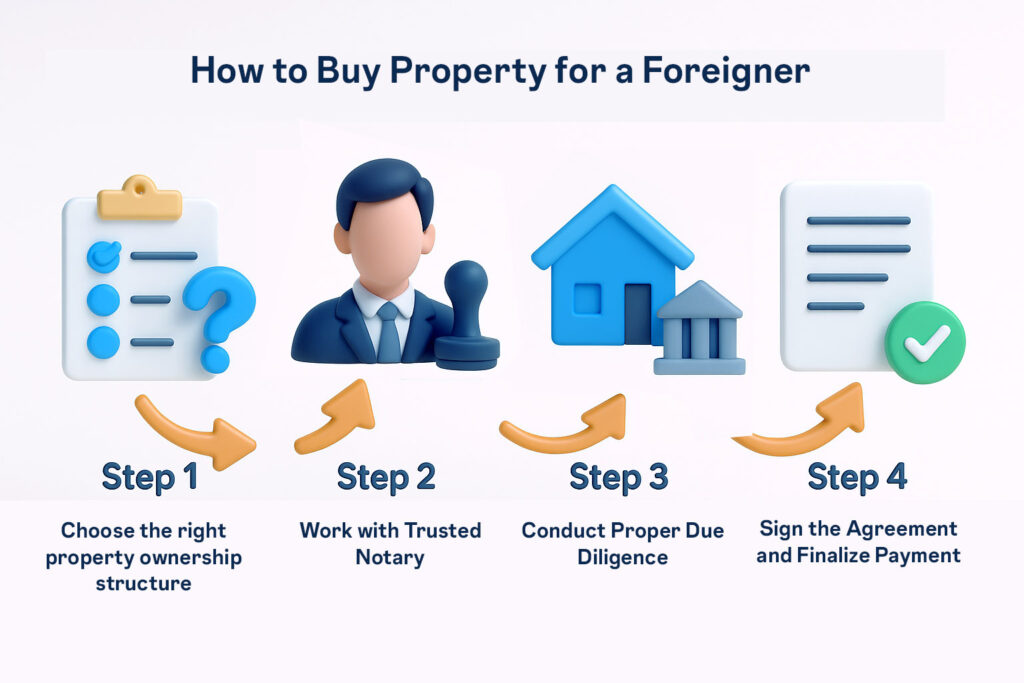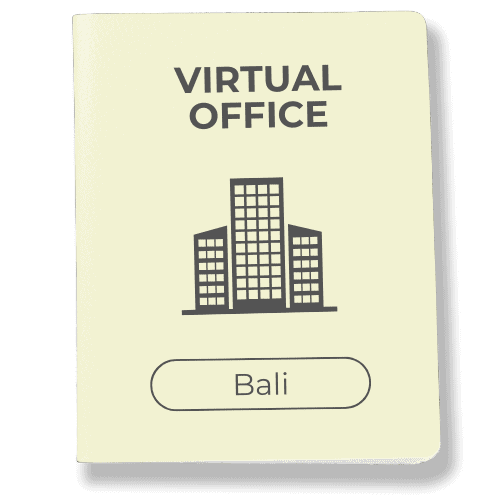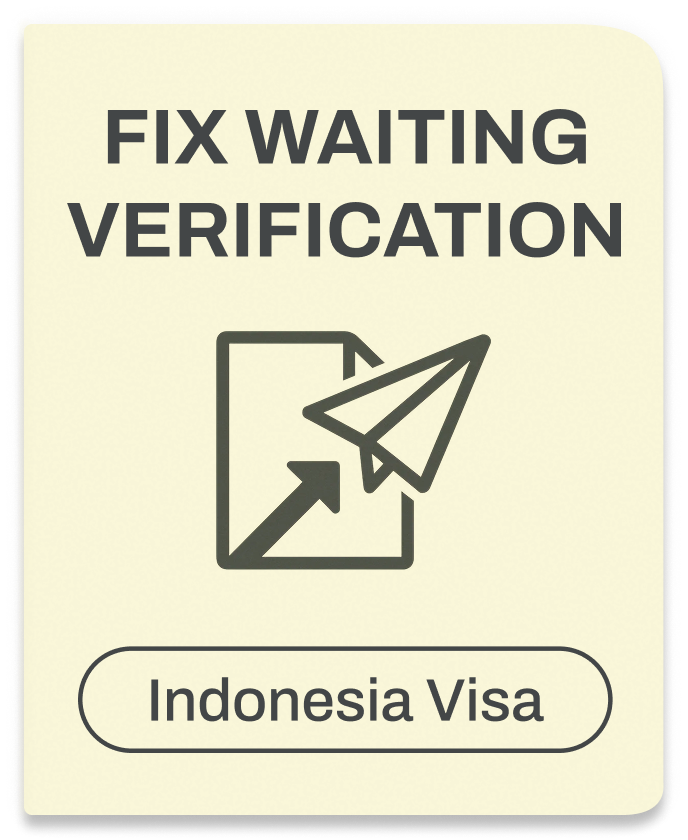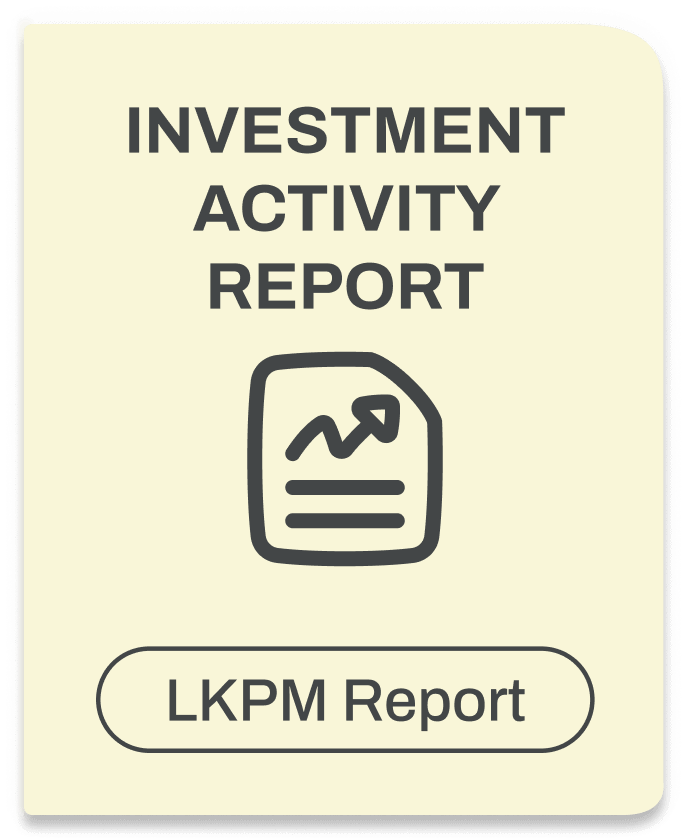How to Buy a House in Bali as a Foreigner in 2025

So, you’re thinking about buying property in Bali. Perhaps you’ve spent time here, surfing in Canggu, meditating in Ubud, or simply falling into the island’s natural beauty, and the idea began to form: What if I made this my home? After all, the laid‑back Bali lifestyle, sunrise surf checks, late‑night warung dinners, and a community of creatives keep drawing newcomers back for good. It’s a dream many foreigners share. And yes, buying property in Bali is possible, even if Indonesian land laws can be a little tricky at first glance.
However, with the correct legal setup and a clear understanding of your options, you can secure a home or investment that aligns with both your vision and the law. From ownership structures and legal documents to tips on avoiding common pitfalls, this guide is built to help you move from dreaming to doing, with fewer surprises along the way.
Table of Contents
Bali Property Market Overview 2025
Bali Property Market Overview 2025
Let’s be honest, Bali’s property market is no longer a secret.
Foreign investors, long-term expats, and local developers are all eyeing the same thing: a slice of island life that balances lifestyle and potential returns. In 2025, demand for villas and long-term lease properties is expected to remain strong, particularly in popular destinations such as Canggu, Uluwatu, and Ubud.
Here’s what we’re seeing on the ground:
- Villas with private pools are still the top choice for lifestyle buyers and rental investors. These properties often command higher nightly rates on Airbnb, especially if they’re close to beaches or cafes.
- According to BPS Bali, tourist arrivals reached over 6.3 million in 2024, driving up both short-term rental demand and investor confidence.
- Yields in key tourist areas can range between 7% and 12% annually, although this depends heavily on your property management and marketing strategies.
- Areas like Tabanan and North Bali are gaining attention for their tranquility and lower entry prices, while central hubs like Seminyak are seeing saturation and tighter zoning regulations.
- Construction costs have increased by around 10–15% over the past two years, driven by material shortages and higher labor rates. Therefore, it is essential to budget wisely if you plan to build.
How Foreigners Buy Property in Bali: Step-by-Step Guide

Buying property in Bali as a foreigner is entirely possible, but the process looks different from what you might expect in your home country. Indonesian land law doesn’t allow foreigners to own freehold land directly, but there are safe and legal ways to secure long-term rights to property.
Here’s how it works, step by step:
Step 1: Define Your Purpose First
Before exploring legal options, consider this: Why are you buying?
Are you planning to live in Bali part-time, retire here, or build an investment property for short-term rentals? Your answer will determine what kind of ownership route and visa you’ll need. For example, someone buying a retirement villa in Ubud might take a completely different path than a couple setting up a rental business in Canggu.
Step 2: Choose the Right Ownership Structure
Foreigners in Indonesia typically use one of three legal setups:
- Leasehold (Hak Sewa) – You lease the property for a fixed term (often 25–30 years) with options to extend. Simple, legal, and commonly used for residential purposes.
- PT PMA (Foreign-Owned Company) – Allows you to acquire land with the Right to build (Hak Guna Bangunan) through your own company. Ideal for investors or anyone planning to run a business on the property.
- Nominee Agreement – An Indonesian citizen holds the title on your behalf. Sounds convenient, but carries serious legal risks. We strongly advise against this setup due to the lack of protection it provides.
⚠️ We’ve worked with clients who thought nominee arrangements were safe, until a dispute or death changed everything. Stick to legal, transparent routes.
Step 3: Work with a Trusted Notary (PPAT)
Once you decide on the structure, the next step is to hire a certified notary, also known as a PPAT. They’ll help with legal due diligence, draft your agreement, verify the land certificate, and confirm that the zoning is suitable for your intended use.
We always say: your notary is your insurance policy in Bali real estate. One of ours once joked, “You don’t need to fear ghosts in Bali, just land certificates that don’t match reality.”
Step 4: Conduct Proper Due Diligence
Don’t skip this part. Here’s what your notary and legal team should check:
- Ownership history and certificate type (SHM or HGB)
- Land zoning (residential, tourism, agriculture, etc.)
- Any existing disputes or overlapping claims
- Unpaid taxes or building permit issues (like missing IMB/PBG)
✅ Pro tip: Always visit the site yourself, even if it’s just once. Photos can’t show flood risks or noisy neighbors.
Step 5: Sign the Agreement and Finalize Payment
Once everything’s cleared, you’ll sign the Sale and Purchase Agreement (Akta Jual Beli) or a Deed of Lease at the notary’s office. Most deals are paid in full at this stage, typically via bank transfer in IDR or USD.
Ensure that the payment terms, currency, and timelines are clearly outlined in the agreement to avoid misunderstandings.
Step 6: Register the Transaction
Your notary will register the transaction with the National Land Agency (BPN) and ensure you receive copies of all official documents. If you’re using a PT PMA, they’ll also register the land under the company name.
This is also when zoning, ownership, and building permits are confirmed and recorded. Don’t skip this step. It protects your rights in the long run.
Step 7: Match Your Visa With Your Property Plan
Owning property doesn’t mean you can stay in Bali long-term without the correct visa. Depending on your situation, you might need:
- A Retirement Visa
- An Investor KITAS (via PT PMA)
- Or the new Digital Nomad Visa (E33G)
As licensed visa agents, we’ll help you choose the right visa path to match your property goals, whether you’re moving here or just staying seasonally.
Types of Properties in Bali

If you’re thinking about buying property in Bali, one of the first questions we’ll ask you is, “What do you want from this place?” Some people want a peaceful spot to unwind for a few months a year. Others are chasing passive income from holiday rentals. A few are planning to stay for good.
The type of property you choose should match your lifestyle and long-term plans, not just your budget. Here’s how we typically break it down when speaking with clients.
Villas
Villas are easily the most sought-after type of property in Bali. They offer privacy, comfort, and the kind of indoor-outdoor living most people imagine when they think of this island. Whether you’re in Canggu, Ubud, or Uluwatu, you’ll find plenty of options, from sleek builds that blend indoor–outdoor living with modern luxury to wooden Joglo-style homes.
Most of our clients choose villas because they feel like a home, not just a place to stay. That said, not all villas are built the same. Some look amazing online but come with zoning issues or missing permits. We’ve had clients fall in love with a villa only to find out it was built in a restricted area. Always check for creating documents like IMB or PBG, and don’t skip due diligence.
Apartments and Condos
If you’d rather not deal with maintenance or managing staff, apartments can be a solid choice. They’re usually found in Denpasar, Sanur, or certain parts of Canggu and Umalas. Most come with shared facilities, such as pools, gyms, and parking.
They’re often more affordable than villas and easier to manage if you’re not living in Bali full time. However, remember that you’re not purchasing the land or the building itself. These are usually leasehold units, meaning you’re paying for the right to use the apartment for a certain number of years.
This setup works well for individuals seeking a straightforward foundation or steady long-term rental income, but it may not be ideal if you’re looking to build equity over time.
Off-Plan Properties
Some developers in Bali sell properties before they’re built, usually at a lower price. This is known as buying off-plan. On paper, it sounds like a great deal: you get a discount, and sometimes you can even tweak the design. But there are risks.
We’ve seen clients wait over a year past the promised handover date. In other cases, the finished product didn’t quite match the original renderings. If you choose this route, ensure the developer has a solid track record. Check their previous projects and always use a contract that protects your payment, ideally through escrow.
Land for Lease
Some buyers come to us wanting to build their dream home from the ground up. If that’s you, your first step is finding a piece of land that’s legally available for lease. This option offers more freedom, but it also requires more homework.
The location might look perfect, but that doesn’t necessarily mean it’s safe to build on. We’ve seen land advertised as “residential” that was zoned for agriculture. That matters a lot when it’s time to get permits. A thorough land check and an explicit lease agreement can save you serious trouble later on.
Commercial Properties
If you’re planning to open a business, such as a guesthouse, café, or yoga studio, you’ll need a commercial property with the correct permits and zoning. You’ll also need to register a foreign-owned company, called a PT PMA, to operate legally.
The potential returns can be substantial, especially in areas with high foot traffic, but it’s not something to rush into. We’ve seen people pour money into trendy beachfront cafés only to realize the customer base wasn’t steady enough to cover costs. Ensure your business plan is realistic and grounded in research, not just a hunch.
5. Leasehold vs. Freehold Properties
Foreigners often purchase leasehold properties, which means renting the land for a long-term period (usually 25–30 years, with the option to extend). This is the most common way for foreigners to buy property in Bali, as freehold ownership is generally limited to Indonesian citizens.
Freehold gives full ownership, but it’s usually only available to locals or foreign buyers using legal setups, such as through a nominee or a company. If you’re a foreigner, understanding the rules around property ownership is essential, so be sure to do thorough due diligence.
Property Prices
One of the first questions we hear from clients is, “So, how much does it actually cost to buy a villa in Bali?”
The answer is… it depends. We’ve broken them down into three types of areas to give you a general idea:
- In high-demand areas such as Canggu, Berawa, and Seminyak, the average price of leasehold villas typically starts at around USD 250,000 for a two-bedroom unit. It can exceed USD 500,000 for a newer build with a pool and stylish finishes.
- In more relaxed or developing areas, such as the Pererenan outskirts of Pererenan, Sanur, or Uluwatu, prices for similar properties fall within the USD 150,000 to 250,000 range, depending on the distance from the beach and access to amenities.
- If you’re open to land, long-term lease plots can range from USD 200 to 700 per square meter, depending again on zoning and location.
Key Legal Aspects to Check Before Buying Property in Bali
When it comes to purchasing property in Bali, having the correct legal documents in place is non-negotiable. Whether you’re buying a modern villa, leasehold property, or a plot of land, these documents are essential to prove that the transaction is legal and that your ownership or lease rights are protected.
Here’s a closer look at the must-check documents:
1. Land Certificate
This is the most crucial document. It shows who legally owns the property or land. There are different types of land titles in Indonesia, and you need to know which one applies:
- Hak Milik (Freehold) – Only available to Indonesian citizens
- Hak Pakai (Right to Use) – Can be used by foreigners under strict regulations
- Hak Sewa (Leasehold) – Common option for foreign investors; allows use for a set time (usually 25–30 years)
Always verify that the name on the certificate matches the seller or lessor and that the land is not part of a dispute.
2. Building Permit (IMB or PBG)
Known locally as IMB (Izin Mendirikan Bangunan) or more recently as PBG (Persetujuan Bangunan Gedung), this document confirms that the building has been legally constructed and complies with local regulations. A villa without a proper building permit could be considered illegal, and future renovations might be denied.
Ask for:
- The original IMB/PBG (not just a copy)
- Confirmation that the building use matches your intention (residential, commercial, etc.)
3. Zoning Information (RTRW Certificate)
Bali’s land is zoned for various uses, including residential, commercial, agricultural, and green belt areas. You need to confirm that the land is in a residential or commercial zone (not green or protected land) if you’re planning to build or rent it out.
Request an official zoning certificate from the local government to be sure.
4. Proof of Tax Payments (PBB)
Ask to see the Pajak Bumi dan Bangunan (PBB) receipts. This shows the annual property tax has been paid. Unpaid taxes can become your responsibility if you don’t catch them early.
5. Sale and Purchase Agreement (AJB)
This is the contract that finalizes the transaction. It must be signed in front of a licensed notary (notaris/PPAT). Ensure the document is available in English (or another language you understand) and that all details match the verbal agreement.
Bonus tip: Check if the developer has a valid construction permit and legal proof of land ownership for off-plan or plan villa projects.
Common Pitfalls When Buying Property in Bali
The Bali real estate market is booming, and that attracts all types, including honest sellers and those with less-than-honest intentions. Without the proper knowledge or support, even experienced buyers can run into legal issues.
Here are the most common pitfalls to avoid:
1. Buying Without Proper Ownership Verification
Some sellers may present fake or expired land certificates or may not be the actual owners of the property. Always verify ownership through a local notary or legal professional. When buying land, ensure there is no overlap with neighboring plots or potential family disputes.
2. Overlooking Building Permits
Buying a villa or house without a building permit (IMB/PBG) can result in fines, demolition, or a loss of resale value. Properties in tourist-heavy areas are often built quickly and not always in accordance with legal requirements. If a permit isn’t available, it’s a red flag.
3. Ignoring Zoning Laws
You may fall in love with a beachfront property, only to find out it’s in a green zone, where building is prohibited. This is common near rice paddies and undeveloped beaches. Due diligence includes confirming land use through official channels.
4. Relying on Unqualified Agents
While Bali has many reputable real estate professionals, it also has unlicensed real estate agents who may not be aware of or adhere to legal compliance. Always work with agents who understand the legal intricacies of owning property in Bali and can provide references to support their expertise.
5. Signing Contracts Without Legal Advice
Too many foreign investors sign contracts in Bahasa Indonesia without a translated version. Worse still, some rely solely on verbal agreements. Always hire a qualified lawyer or notary to:
- Translate documents
- Confirm compliance with local laws
- Protect your interests in case of dispute
Property Management
Owning a property in Bali is exciting, but if you’re not living there full-time, the real work begins after you receive the keys. Villas require regular upkeep, guests need to be welcomed, and there are monthly bills, cleanings, repairs, and occasional surprises, such as a leaky roof during the rainy season or a power outage during a guest’s stay.
That’s where property management comes in.
Do You Need a Property Manager?
If you plan to live in your home year-round, you may be able to manage things yourself or hire a small local team. But if you’re overseas or only in Bali part-time, working with a property manager isn’t just helpful, it’s essential.
They’ll take care of things like:
- Handling bookings (if you’re renting it out)
- Coordinating housekeeping and maintenance
- Paying local utilities and taxes
- Managing check-in/check-out
- Keeping an eye on the place when you’re away
One of our clients used to fly in every few months just to handle basic upkeep. Once they hired a local manager, they not only saved on flights but also turned the villa into a steady income stream.
What Does Property Management Cost?
Fees can vary depending on the level of service, but most reputable property management companies in Bali charge between 15% and 25% of the gross rental income. Some offer à la carte services, while others run everything under a full-service model.
Don’t just go for the cheapest option. A poor manager can cost you more in bad reviews, guest complaints, or missed bookings than you’d save on fees.
Managing Without Renting
Even if you’re not renting out your property, it still requires attention. The heat, humidity, and insects in Bali can cause significant damage if a home remains empty for too long. At the very least, you’ll want someone checking on the property regularly, airing it out, and ensuring that the plumbing and electricity are in good working order.
Some owners arrange for a caretaker to live on-site in a staff quarter or guest room. Others set up a monthly maintenance contract with a trusted local team.
Conclusion
As a foreigner, purchasing property in Bali can be a complex process; however, with the proper guidance, it can be a rewarding investment. The Bali real estate market is growing, with an increasing number of foreigners investing in the island. Whether you’re looking for a luxurious villa, a modern apartment, or a piece of land to build your dream home, Bali offers a wide range of options.
Ready to Apply or Extend Your Visa?
Let our visa specialists handle your application.



















